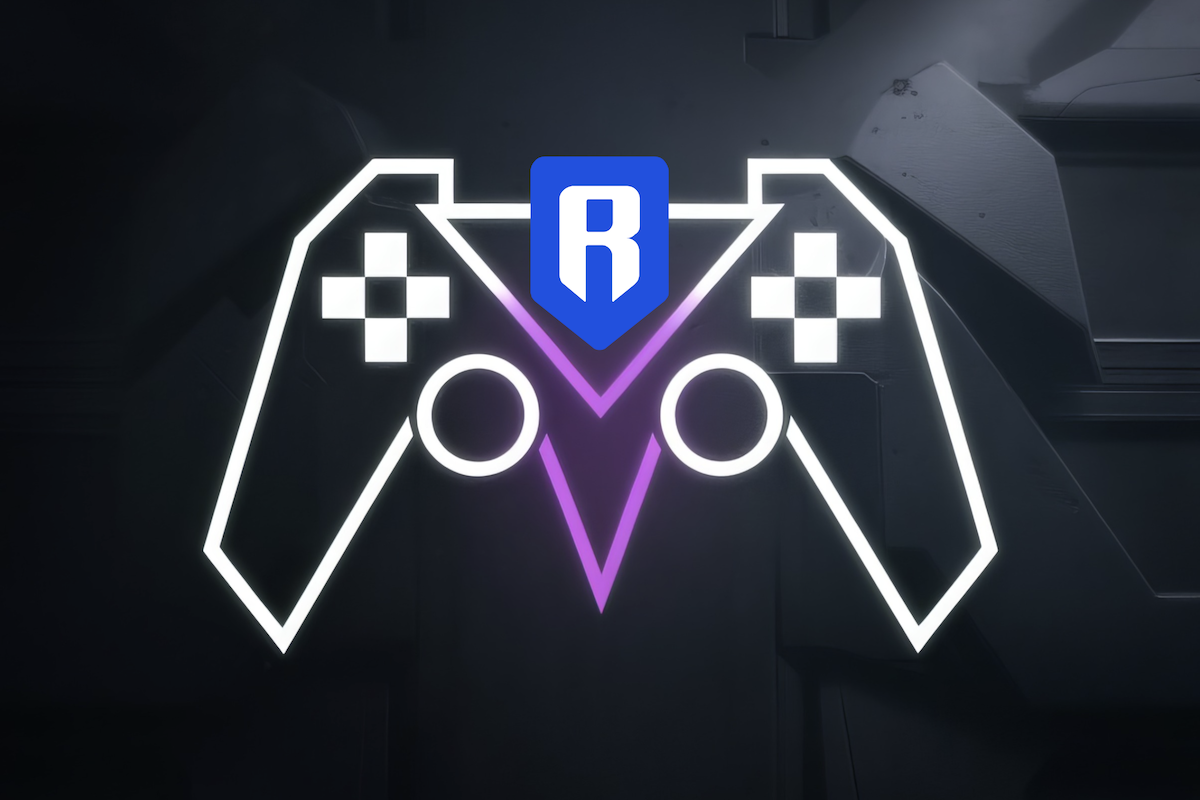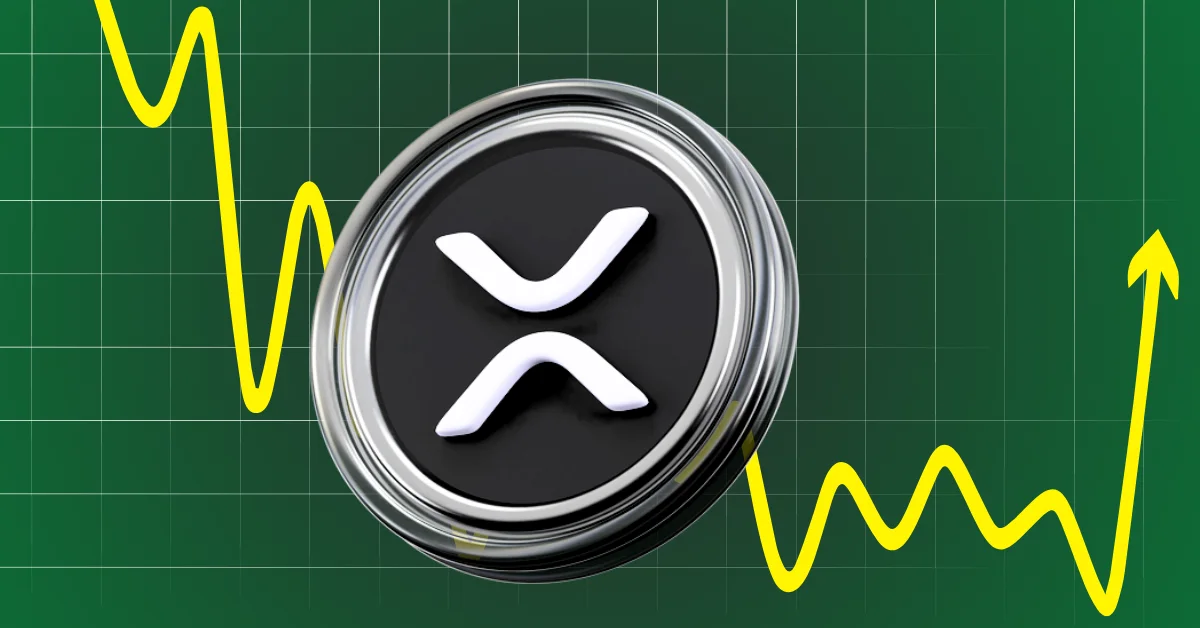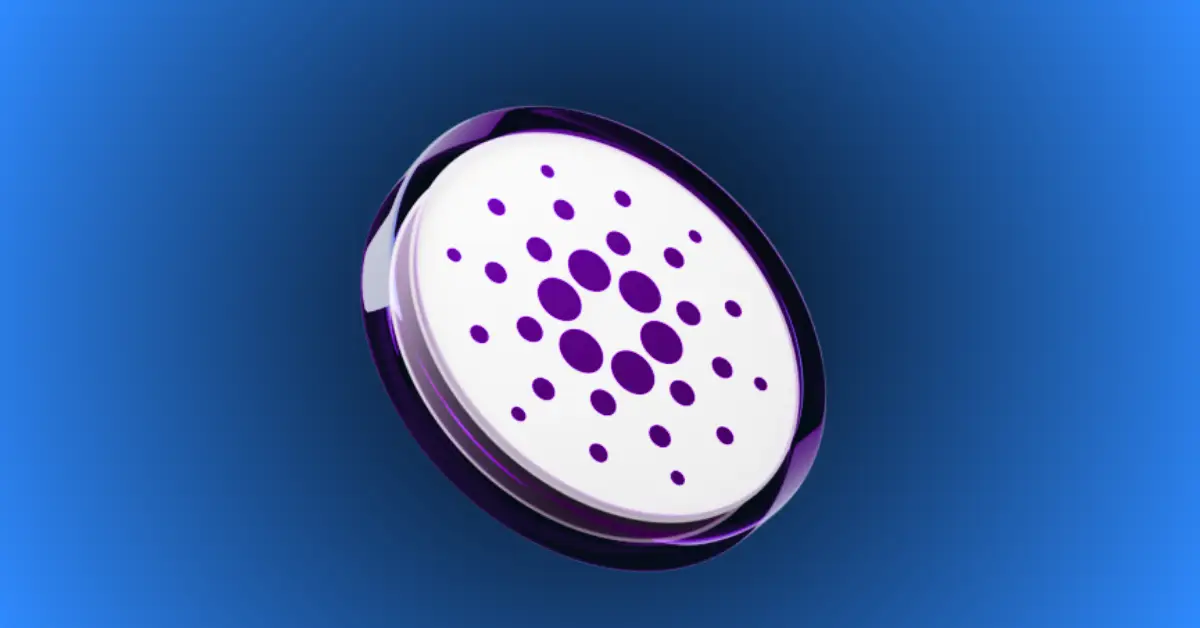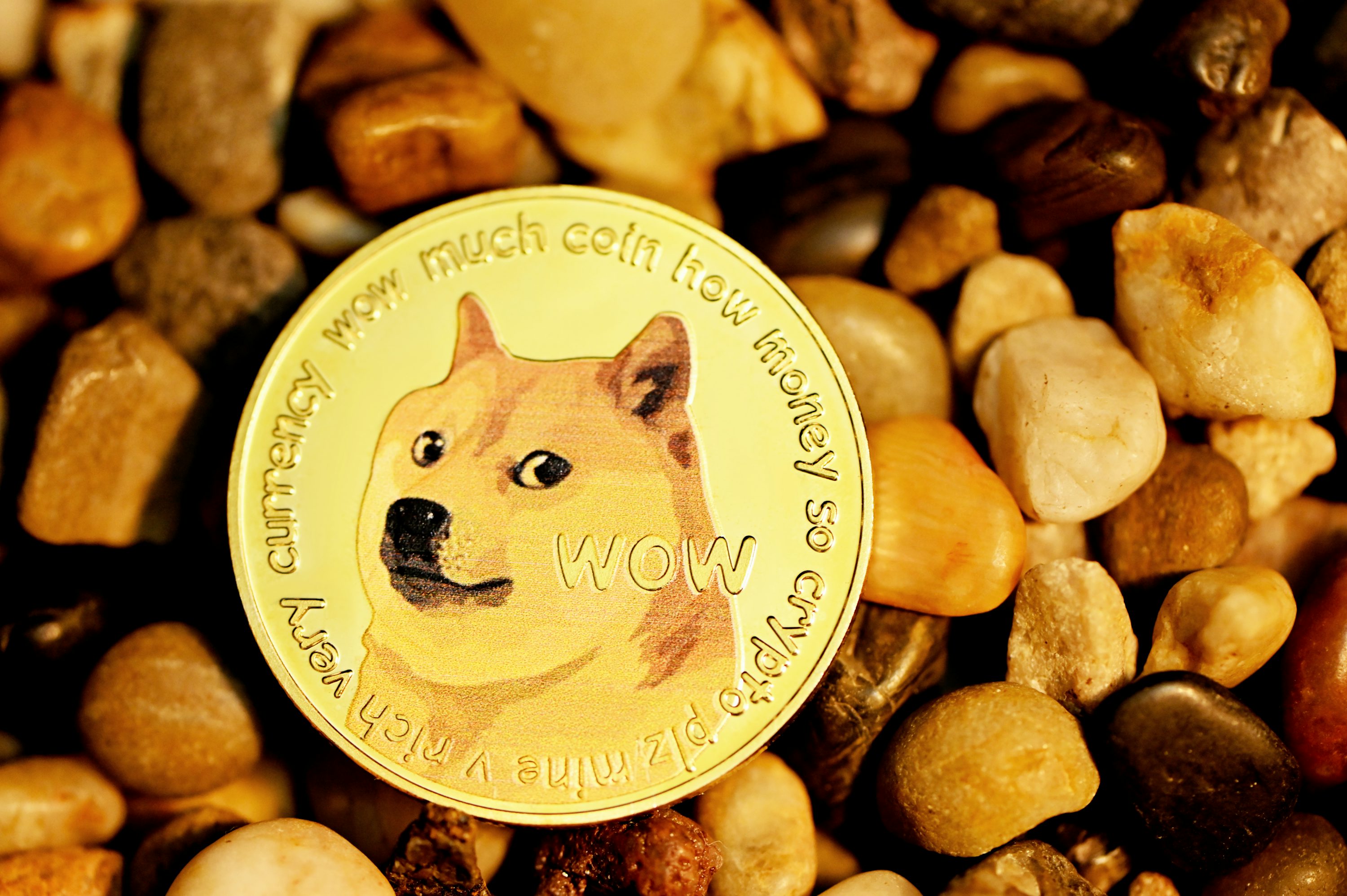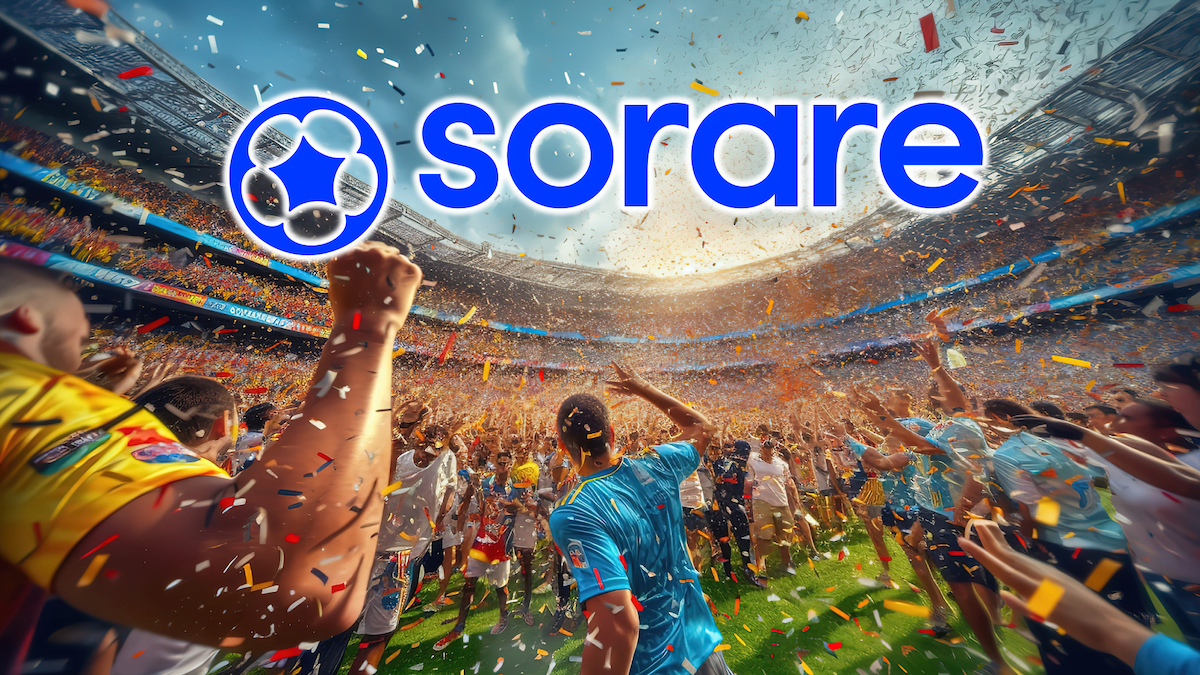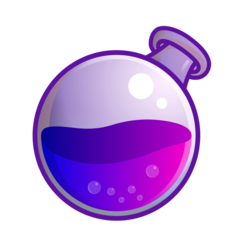If you’re into blockchain gaming, you’ve probably heard of Ronin. Well, Chainlink’s CCIP just went live on Ronin. Let’s break it down and see why this is important—and how it can make user’s lives easier.
Recently, Ronin validators chose to adopt CCIP (that’s the Cross-Chain Interoperability Protocol from Chainlink Labs). This is a big deal because it replaces Ronin’s legacy bridge with something more secure and flexible. By January 2025, the old Ronin bridge setup will be fully out, and Chainlink’s CCIP will take over.
Right now, Chainlink’s CCIP is already live on Ronin, and it’s not just about keeping the existing portal to Ethereum. We’re talking new bridge lanes to Coinbase’s Base and, over time, possibly even more chains. More paths mean you can move your assets around without the usual headaches.
Benefits of Cross-Chain Interoperability
Cross-chain interoperability basically means different blockchain networks can talk to each other. With Chainlink CCIP Ronin integration, you get smoother asset transfers. Before, you might’ve had to jump through hoops to move stuff between Ethereum, Ronin, and other places. Now, it’s smoother, less risky, and built to meet a higher standard of reliability.
This kind of connection is a game-changer. As more DeFi protocols show up and developers build new experiences, we could see better games, trading tools, and more fun stuff to do. Every improvement here encourages builders to experiment and create. And because developers have developer documentation and Oracle services at their fingertips, they can design applications that easily link different chains together.
Opportunities for Developers and Builders
If you build new DeFi protocols, games, or apps, there’s a lot to like here. With Chainlink’s CCIP now on the Ronin Network, you can tap into base ecosystems, adopt Chainlink’s reliable frameworks, and take advantage of the new bridge lanes.
Think about it: you’re no longer limited to one chain. You can connect different chains and let users move assets easily. Want to link a gaming token to a financial tool on another chain? Now it’s simpler.
Market Impact for LINK
The market took notice, too. When Chainlink’s CCIP came to the Ronin Network, the LINK token’s value has increased by more than 111% in the last month. That’s a sign people are paying attention. As we see more chains, more assets bridged, and more energy flowing through Ronin, this ecosystem could become a magnet for new players, developers, and investors.
Over time, cross-chain interoperability can become the norm. The network’s canonical cross-chain setup means Ronin isn’t just improving for today’s users; it’s aiming for tomorrow’s growth. The old days of complicated transfers are fading away, replaced by a smoother experience that benefits everyone.
In Short
As of now, you can transfer LINK between Ethereum and Ronin using CCIP. But, if you want to transfer other ERC-20 or ERC-721 tokens between Ronin and Ethereum, you will have to use the legacy bridge until the end of January 2025. At the end of January 2025, CCIP will be the canonical cross-chain infrastructure for transferring assets between Ronin and Ethereum, and Ronin and Base.
All this talk about Chainlink’s CCIP and Ronin boils down to better, safer, and more efficient times for anyone who cares about blockchain gaming and digital assets. You can look forward to secure moves between different chains, more interesting apps built by builders, and a future where DeFi protocols and gaming thrive together.
Editor’s note: Written with the assistance of AI – Edited and fact-checked by Jason Newey.
Credit: Source link



